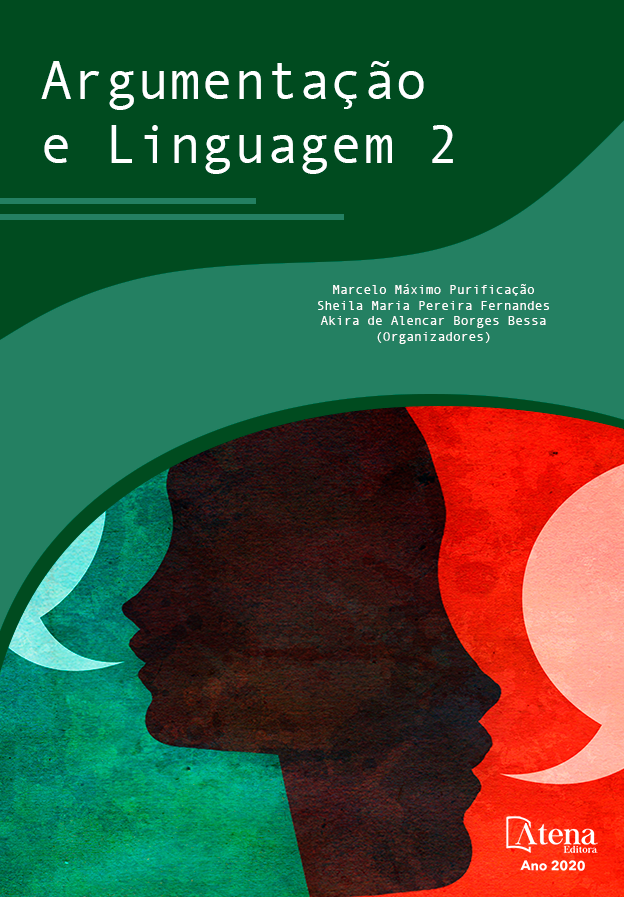
OS NOVOS PROTAGONISTAS NAS TRANSFORMAÇÕES DAS ESCOLAS PÚBLICAS URBANAS DE BARRA DO GARÇAS/MT: ESTUDANTES INDÍGENAS DA ETNIA XAVANTE
O cenário educacional de Barra do Garças/MT tem apresentado em seus quadros escolares novos atores, pois temos presenciado uma significativa expansão de matrículas de alunos indígenas da etnia Xavante que estão deixando suas aldeias em busca de novos conhecimentos em escolas públicas urbanas. Observamos que nem todos os professores de escolas públicas urbanas expressam a preocupação de dar aos alunos indígenas matriculados, um mínimo de segurança e igualdade de oportunidade, a fim de que possam desaparecer as desigualdades sociais, linguísticas e culturais. Em nossas pesquisas, presenciamos que existiram e ainda existem em nossos dias pessoas que não admitem a presença de fatos reais em nossa sociedade, especialmente, quando se trata do diferente, do novo. Todo advento que envolve o diferente, o inusitado, como no caso dos alunos indígenas, é recebido com resistência e muito preconceito. Dessa forma, quando se atribui tal relevo sem pensar seu contexto social, enfraquece o ensino e, sobretudo, fragiliza a reflexão. Buscamos como objetivo repensar o cotidiano dos alunos indígenas Xavante em espaço escolar urbano, seus vínculos e tradições materializados no uso da língua, bem como o reflexo dos fatos na linguagem de todos, indígenas e não indígenas. Vivemos momentos complexos e de muitas inseguranças com relação ao sistema educacional em nosso país, assim, pequenas atividades têm apresentado efeitos multiplicadores, no caso, o trabalho desenvolvido pelo projeto de pesquisa: A Migração rural/urbana dos jovens indígenas da etnia Xavante: uma questão de sobrevivência. Para o desdobramento do trabalho utilizamos a pesquisa etnográfica, de cunho qualitativo, pois procuramos interpretar o que está ocorrendo no contexto pesquisado.
OS NOVOS PROTAGONISTAS NAS TRANSFORMAÇÕES DAS ESCOLAS PÚBLICAS URBANAS DE BARRA DO GARÇAS/MT: ESTUDANTES INDÍGENAS DA ETNIA XAVANTE
-
DOI: 10.22533/at.ed.43620250915
-
Palavras-chave: Alunos Indígenas; Ensino/Aprendizagem; Escolas públicas.
-
Keywords: Indigenous Students; Teaching / Learning; Public schools.
-
Abstract:
The educational scene of Barra do Garças / MT has presented new actors in its school staff, as we have witnessed a significant expansion of enrollments of indigenous students of the Xavante ethnic group who are leaving their villages in search of new knowledge in urban public schools. We note that not all urban public school teachers express the concern to give enrolled indigenous students a minimum of security and equal opportunity so that social, linguistic and cultural inequalities can disappear. In our research, we have witnessed that existed and still exists in our day of people who do not admit the presence of real facts in our society, especially when it comes to the different, the new. Every advent involving the different, the unusual, as in the case of the indigenous students, is received with resistance and much prejudice. Thus, when such relief is attributed without thinking about its social context, it weakens teaching and, above all, weakens reflection. We aim to rethink the daily life of Xavante indigenous students in urban school space, their links and traditions materialized in the use of the language, as well as the reflection of the facts in the language of all, indigenous and non - indigenous. We live in complex moments and many insecurities with regard to the educational system in our country, so small activities have had multiplier effects, in this case, the work developed by the research project: Rural / urban migration of indigenous young people of the Xavante ethnic group: an issue survival. For the unfolding of the work we use the ethnographic research, of qualitative nature, because we try to interpret what is occurring in the researched context.
-
Número de páginas: 9
- Aníbal Monteiro de Magalhães Neto
- Mônica Maria dos Santos
- Marcelle Karyelle Montalvão Gomes
- Luis Carlos Oliveira Gonçalves
- Marly Augusta Lopes de Magalhães


